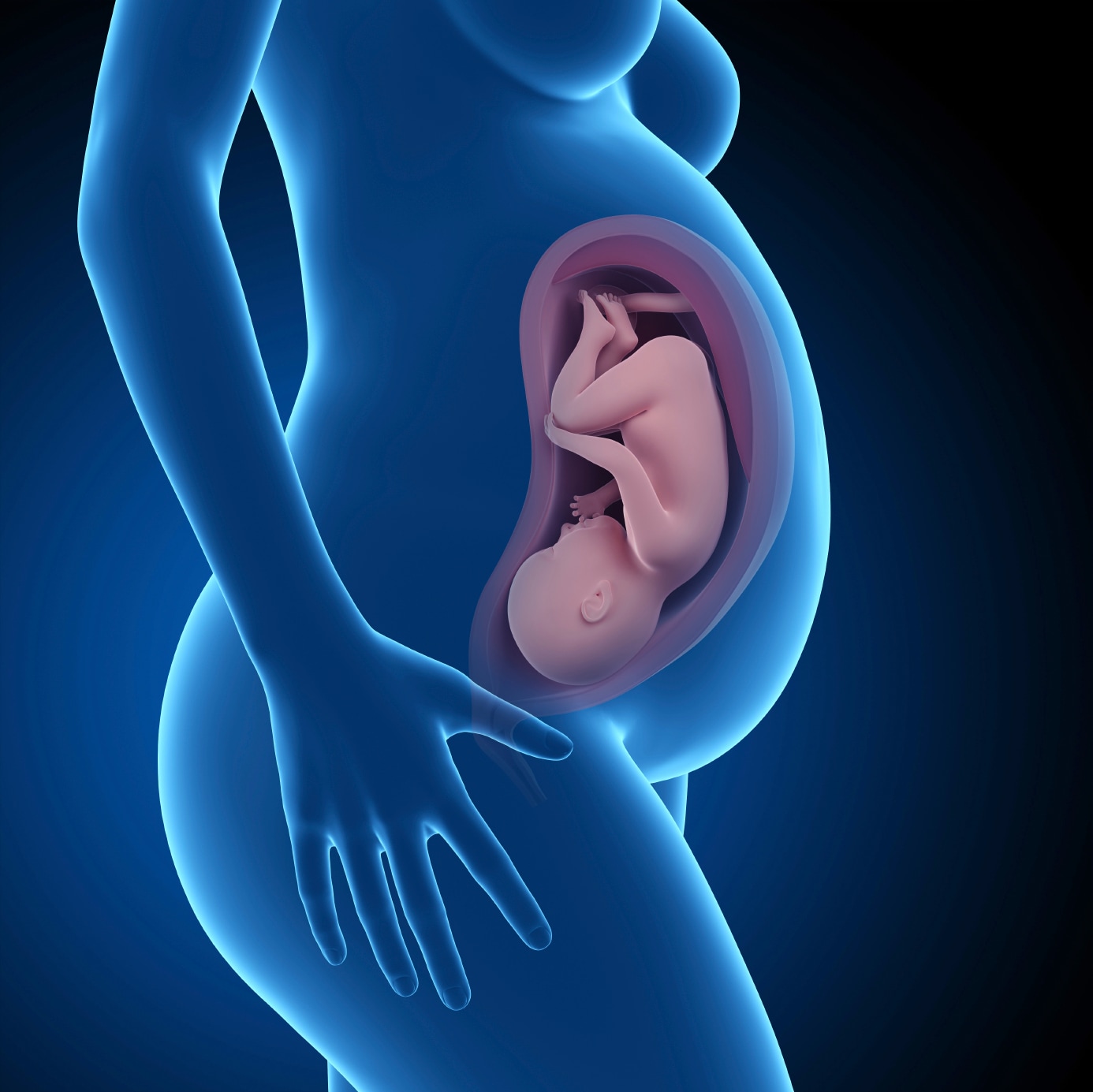Takeaway
- At 2 years of age, children who had experienced mild hypoxic ischaemic encephalopathy (HIE) in infancy had poorer neurodevelopmental outcomes than healthy peers.
Why this matters
- Trials of neuroprotective therapeutic hypothermia for HIE have excluded mildly affected infants because of their perceived good prognosis.
Key results
- Cohort of infants:
- 32.3% healthy.
- 39.3% perinatal asphyxia without HIE.
- 28.5% any-severity HIE (11.7% mild HIE).
- Relative to healthy infants, infants with mild HIE had lower cognitive composite scores:
- Mean: 97.6 vs 103.6.
- Crude mean difference: –6.0 (95% CI, –9.9 to –2.1).
- Adjusted mean difference: –5.2 (95% CI, –9.1 to –1.3).
- Scores did not differ significantly between untreated children with mild HIE and surviving children with moderate HIE treated with therapeutic hypothermia (crude mean difference, –2.2; 95% CI, –8.1 to 3.7).
Study design
- Multicentre study pooling data from 4 prospective cohort studies in Ireland and Sweden among 471 infants.
- Main outcome: neurodevelopmental outcome at age 18-42 months (Bayley Scales of Infant and Toddler Development, Third Edition).
- Funding: Health Research Board Ireland; Science Foundation Ireland Research Centre Award; Wellcome Trust Strategic Translational Award.
Limitations
- Losses to follow-up, missing data.
- Test administered by several assessors.
References
References


